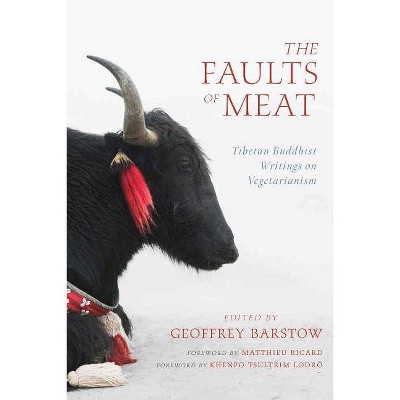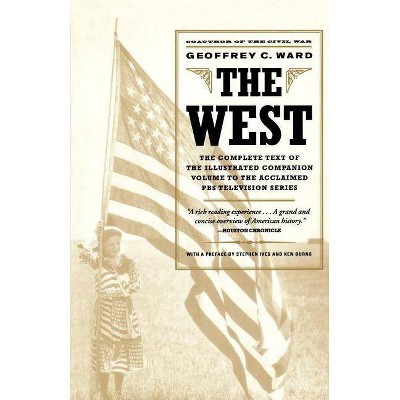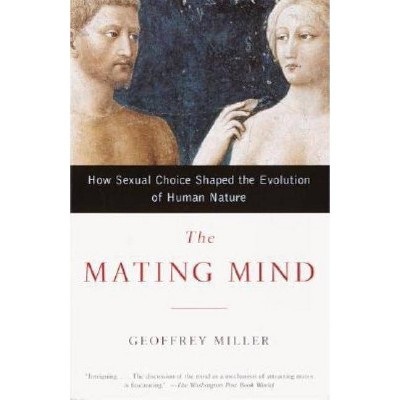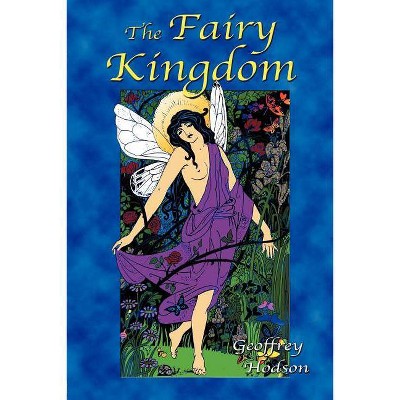The Faults of Meat - by Geoffrey Barstow (Paperback)

Similar Products
Products of same category from the store
AllProduct info
<p/><br></br><p><b> Book Synopsis </b></p></br></br><b>Vegetarianism is a hotly debated topic within Buddhist circles. This book provides a valuable new contribution to the discussion with translations of thirteen Tibetan texts focused on the ethical problems associated with eating meat, coming from a wide variety of perspectives and lineages.</b> <p/><i>Should all Buddhists be vegetarian?</i> <p/> Vegetarianism is an important topic of debate in Buddhist circles--some argue that Buddhists should avoid meat entirely while others suggest that it is acceptable. For the most part, however, this ethical query has been conducted in the West without consulting traditional literature on the subject. <i>The Faults of Meat</i> brings together for the first time a collection of rich and intricate explorations of authoritative Tibetan views on eating meat. These fourteen nuanced texts, ranging from scholastic treatises to poetic verse, reveal vegetarianism as a significant, ongoing issue of debate for Tibetans across time and traditions, with a wide variety of voices marshaled against meat, and a few in favor. Authors include many important Tibetan teachers: <p/> <br> <ul> Dolpopa Sherab Gyaltsen (1292-1361)</li> Khedrup Jé (1385-1438)</li> The eighth Karmapa, Mikyö Dorjé (1507-1554)</li> Shabkar Tsokdrük Rangdröl (1781-1851)</li> Khenpo Tsultrim Lodrö (1961- )</li> and many more.</li> </ul> <p/> These Buddhist teachers recognize both the ethical problems that surround meat eating and the practical challenges of maintaining a vegetarian diet; their skilled arguments are illuminated further by the translators' introductions to each work. <p/> The perspectives in <i>The Faults of Meat</i> are strikingly relevant to our discussions of vegetarianism today; they introduce us to new approaches and solutions to a contentious issue for Buddhists. <p/> <br><p/><br></br><p><b> Review Quotes </b></p></br></br><br>"<i>The Faults of Meat</i> is without doubt the most comprehensive and rich account of Buddhist arguments against meat eating available in English. Simultaneously rigorous and accessible, the fascinating millennia-long arc of debates it documents reveal central values and tensions within Tibetan Buddhist traditions. The volume's carefully curated and contextualized anthology of primary sources will be of great interest not only to Buddhists themselves but to scholars of religion, animal studies, or food studies who want to engage Buddhist views on animals, meat, and even ethics as such. I can think of few texts on <i>any</i> religious tradition that capture the history, depth, and existential stakes of eating animals with such force, balance, and nuance. We are indebted to Barstow for this landmark work of scholarship."--Aaron S. Gross, author of The Question of the Animal and Religion<br><br>"If we aspire to live with compassion toward all beings, how should we approach meat eating? In Tibetan Buddhism, this question has been debated since the eleventh century. The texts compiled and discussed in <i>The Faults of Meat</i> shed light on conversations about vegetarianism in ways that are at times surprising and always illuminating. This book is highly valuable for scholars of Buddhism, but also for people in the vegan, vegetarian, reducetarian, and omnivore communities who care about animals and grapple with the ethics of our current food system."--Barbara J. King, author of Personalities on the Plate: The Lives and Minds of Animals We Eat<br><br>"My gratitude to Geoffrey Barstow for compiling and editing the writings of these great teachers of Tibetan Buddhism, and to those who care for innocent beings like the animals. Adopting a plant-based diet is not only a matter of personal faith or tradition but is also a wonderful way to care for our health and well-being. This volume also benefits the environment, so that our Mother Earth could remain a little longer in the service of human beings, as we all know that if we continue to disregard the planetary consequences of a meat-based diet, we will regret it within two or three decades."--Pema Wangyal Rinpoche, founder, Padmakara Translation Group<br><br>"This book explores the historical debate over vegetarianism in Tibet and breathes life into the important issues surrounding the relationship between compassion in action and the more subtle aspects of the Tibetan Buddhist perspective. To read these well-presented accounts, some from centuries long past and others more recent, highlights the fact that today there is more need than ever for people to treat the world around them with respect, and to approach ethical and ideological conundrums with an open, courageous heart rather than an opportunistic, self-serving attitude. Just as important, however, is to be wary of turning the bodhisattva path into a dogmatic ideology that elevates puritanical morality over the wisdom and skillful means that are so essential to it. In particular, it is the vast array of wisdom-based skillful means that makes the Vajrayana so extraordinary and profound."--Jigme Khyentse Rinpoche<br><br>"This book presents an excellent array of texts, all translated for the first time, addressing the gamut of issues related to animal slaughter and meat eating within the context of Tibetan Buddhism, from the cultivation of compassion for animals to the ritual mis/uses of meat. It reveals a long tradition of reflection on the ethics of meat abstention in a climate where it had to have been particularly challenging, given the narrow range of food options. A superb resource both for teachers and students of Tibetan Buddhism, and for practicing (or would-be) vegetarians and vegans from any climate."--Janet Gyatso, Harvard University, author of Being Human in a Buddhist World: An Intellectual History of Medicine in Early Modern Tibet<br><p/><br></br><p><b> About the Author </b></p></br></br><b>Geoffrey Barstow</b> is an assistant professor in the School of History, Philosophy, and Religion at Oregon State University. He received his PhD in Buddhist studies from the University of Virginia and taught at Otterbein University before moving to Oregon. His current research focuses on the history and practice of vegetarianism in Tibet, including extensive textual research and field-based ethnographic work, primarily in Kham. He is the author of <i>Food of Sinful Demons: Meat, Vegetarianism, and the Limits of Buddhism in Tibet</i> (Columbia University Press, 2018).
Price History
Price Archive shows prices from various stores, lets you see history and find the cheapest. There is no actual sale on the website. For all support, inquiry and suggestion messagescommunication@pricearchive.us




















